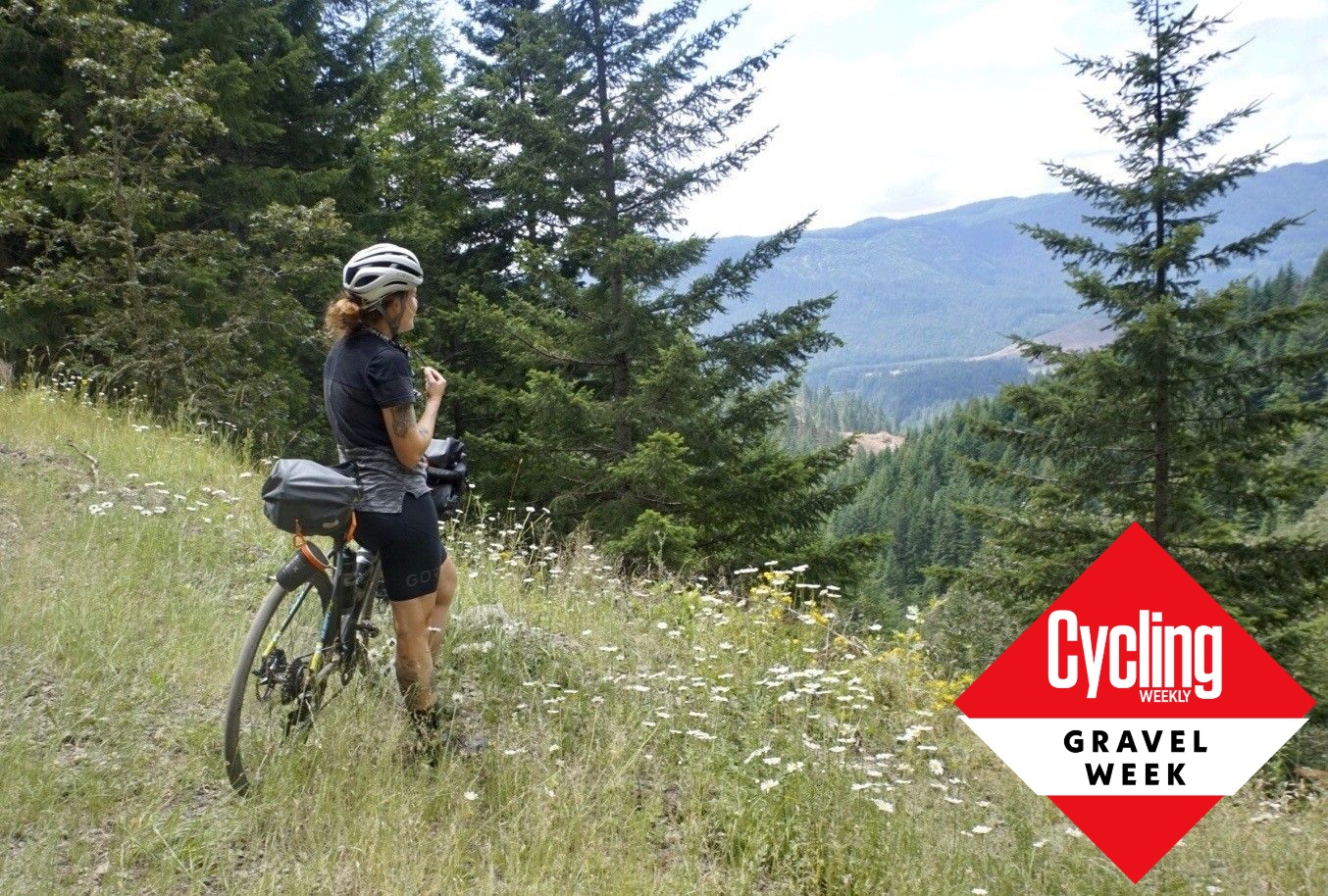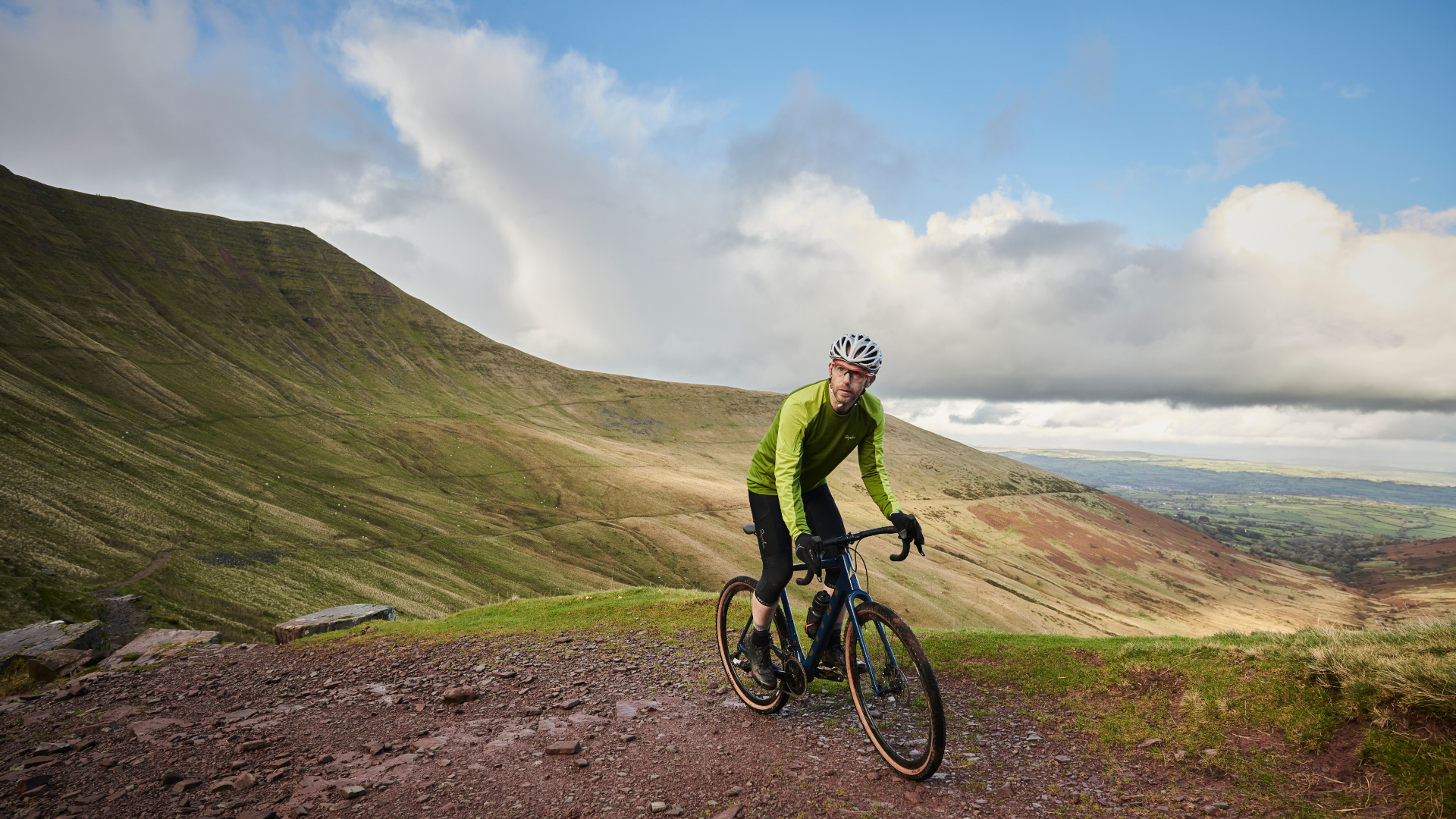
The number of people exploring the countryside surged during the Covid pandemic, and has remained high. Within cycling, many of those new users are exploring green spaces on gravel bikes, the fastest growing bike segment outside of e-bikes.
Whilst welcome, the increase has brought some issues, both for people whose livelihood relies on working the landscape, and those who wish to preserve nature landscapes and minimise the risk of conflict. Most of these issues result not from malicious intent, but mainly via ignorance of the rules - both written and unwritten.
To use the UK as an example, a 2022 report showed that close to half of people have no knowledge of the Countryside Code, the Natural England guidelines which include advice such as ‘have courtesy and consideration to everybody’, ‘take your litter home’ and, ‘keep dogs under control’. In the US, things become a little complicated, with even some states issuing their own manuals - but the basic etiquette remains the same.
Should we be concerned about the growing appeal of gravel, and, does the evolving discipline need a code of conduct?
Sophie Gordon, campaigns manager at Cycling UK, says ‘no’. “It’s a balance between different codes for different activities, as there’s a risk of blurring the message,” Sophie told Cycling Weekly. “It’s probably less about a code of conduct and more about nudging people towards the right behaviour of respect, protect and enjoy the countryside.”
So, if we don’t need a new code of conduct, what can we do to reduce unwitting damage caused by new users?
Not a matter of 'access all areas'
Markus Stitz puts together routes for Bikepacking Scotland, and also runs a series of multi day gravel events, Dirt Dashes. He agrees with Gordon, and sees part of his role as an event organiser not just to create a welcome space for all riders, but also to educate and help them reconnect with nature.
“There is a real responsibility for people like me who write guidebooks or design routes,” states Stitz. “If I design a route with the expectation of many people using it, then the responsibility starts with me as the route designer to find the options that avoid conflict, that avoid people damaging the land they ride through.”
It’s a sentiment shared by route designer Kieran Foster, who worked on all of Cycling UK’s bikepacking routes, and is now access officer for the Byways and Bridleways Trust.
Foster believes society has become increasingly divorced from nature, citing how past generations knew which trails and tracks to use, dependent on the seasons. The valleys were for the summer months when it was dry, and higher and quicker draining ground like ridgelines for travelling in the damper times.
“There’s a belief that we can adapt nature to suit us by for example resurfacing trails, rather than adapting to suit nature,” says Foster. “Access to the countryside is not incompatible with nature protection, but there is a balancing act with both industry and individual riders needing to play an active part in promoting responsible access.”
Education the way forward
Individuals can only promote responsible access if they know what it looks like. And that’s where training comes in. We have ride leaders courses for road and mountain biking – why not for gravel too?
Training might be particularly useful given the higher percentage of crossover from road to gravel. According to the Rider Research Hub 49% of US and 44% of UK gravel riders are primarily from a road riding background, as opposed to a much lower percentage from mountain biking (US 15% / UK 19%).
Whilst mountain bikers aren’t saints, most of them know what constitutes a sin, largely due to a history of riders, media and industry supporting and often instigating campaigns to minimise conflict - such as the “Be Nice, Say Hi” and “Trash Free Trails” movements in the UK, and Leave No Trace in the US.

Most of us have experienced the benefit of riding with experienced ride leaders on the road, so wouldn’t we also benefit from something similar when we hit the trails?
Lead UK provider of training for ride leaders across all disciplines, British Cycling, certainly seems to think so. Ben Creed, education development lead at British Cycling told Cycling Weekly, “We’re constantly reviewing and updating the content of our courses to ensure they’re meeting the needs and interests of our learners.
“Given the huge growth we’ve seen in gravel riding over recent years, we’re now adapting our offer to equip riders and clubs with the tools and understanding they need to be confident in leading off-road rides.”
British Cycling’s reasons for doing so seem proactive, rather than reacting to any particular negative press. “Sharing your favourite trails with other riders is a wonderful feeling, and we know that the ‘be nice, say hi’ mantra is one of the many reasons why increasing numbers of riders are heading off-road,” says Creed. We hope that the spirit of togetherness and care for our fellow trail users will continue to grow with it.”
I can definitely get behind that.
The bottom line
Gravel clearly isn’t going away - and that can only be a good thing for people looking to escape the busy roads and the local rural economy benefiting from hungry cyclists. New routes are a constant, and every season a new gravel specific event is added to the roster; there’s a UCI Gravel World Series and industry seems to be going into overdrive as it tries to sell us more and more gravel specific kit and of course bikes.
Despite its market hype, gravel numbers are still low enough that any concern of a “gravel problem” is likely to be premature. Everyone I spoke to feels a code is unnecessary.
It’s clear however that the industry, event organisers, membership bodies, the cycling media - and riders - can and should do more to raise awareness of the need to minimise conflict and environmental damage when riding off-road, no matter what bike is used.
Gravel do's and dont's
Cycling Weekly’s suggestions for responsible gravel riding are by no means exhaustive, but always worth considering
- DO Leave no trace: don’t leave your rubbish to ruin someone else’s day, pack out what you take with you, and if you’ve the space take other trash you find too.
- DO Be Nice, Say Hi: walkers, horse riders and land workers are all likely to use the same trails. Be respectful, slow down and alert them when passing.
- DO Respect the local countryside laws: whether that’s leaving gates as you find them, avoiding areas due wildlife concerns (nesting season etc) or not having campfires if you’re bikepacking pay heed. If you’re not sure, look them up, as ignorance should never be an excuse.
- DO Give animals space: whether it’s wildlife, livestock or a horse, always give plenty of space, ride slowly and avoid startling them. Pay special attention when animals are with their young.
- DO Ride through puddles not around them: yes you might get wet feet, but by going around you’re adding to the problem by causing more erosion and making the puddle bigger.
- DO Support the communities you pass through: indulge in a cafe / pub stop, raid that village store. Your pedalling pound helps rural economies.
- DO Give back: the public organisations that look after the land you pass through will always be on the lookout for volunteers to keep the trails clear and in good shape.
- DON'T Ride tracks that you know suffer during different seasons e.g. that perfect hard baked summer section that turns into a quagmire as soon as there’s a sniff of rain. Stick to durable trails.
- DON'T Treat trails without a clear line of sight like a race track: you never know who or what might be around the corner.
- DON'T Leave home without all the right gear to keep your bike in working order. Mechanical mishaps are more commons off-road, and your locations are more likely to be remote with less chances of trailside assistance.







